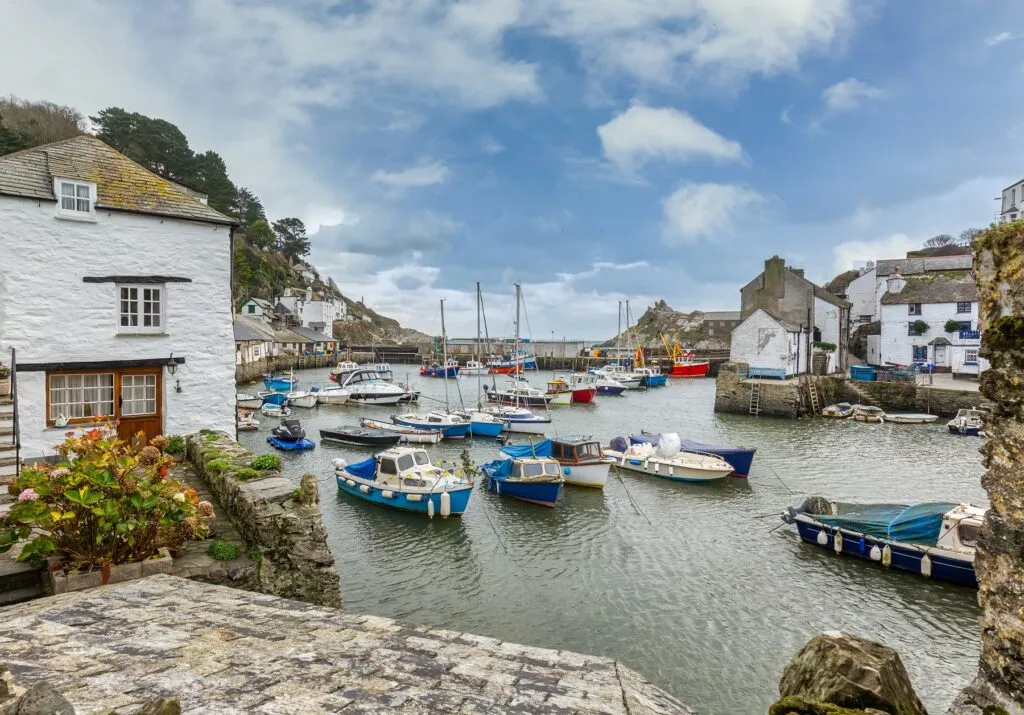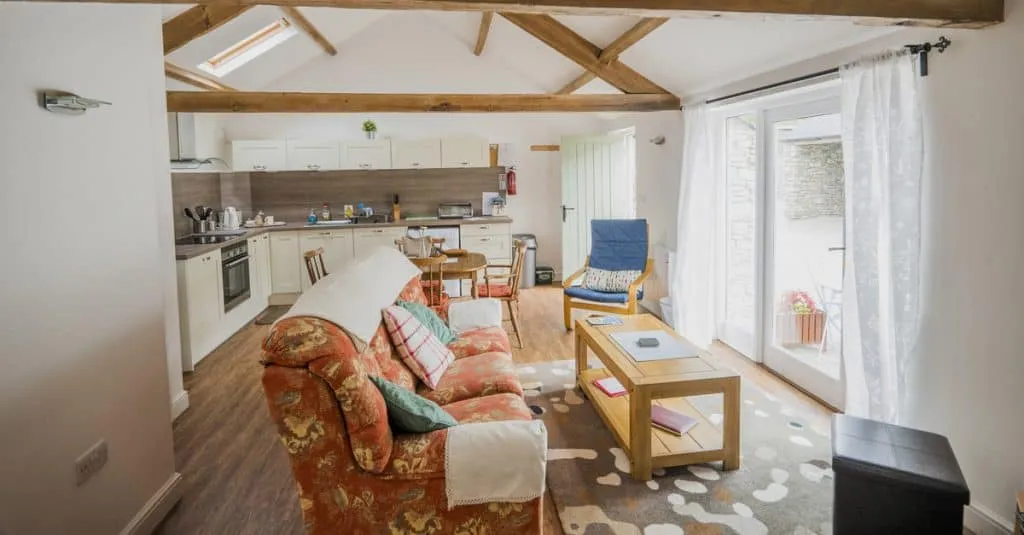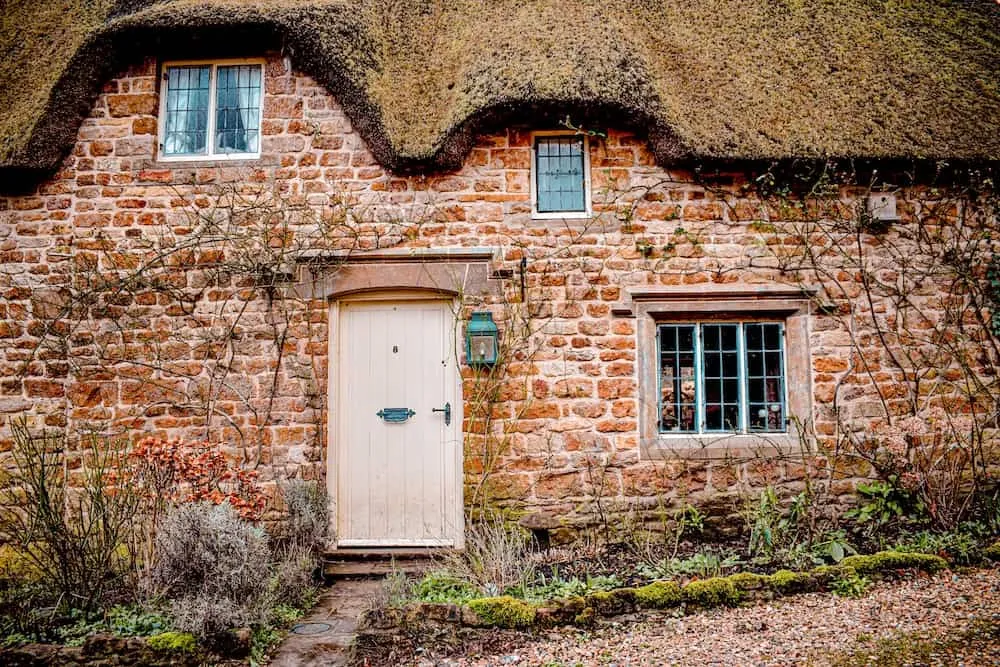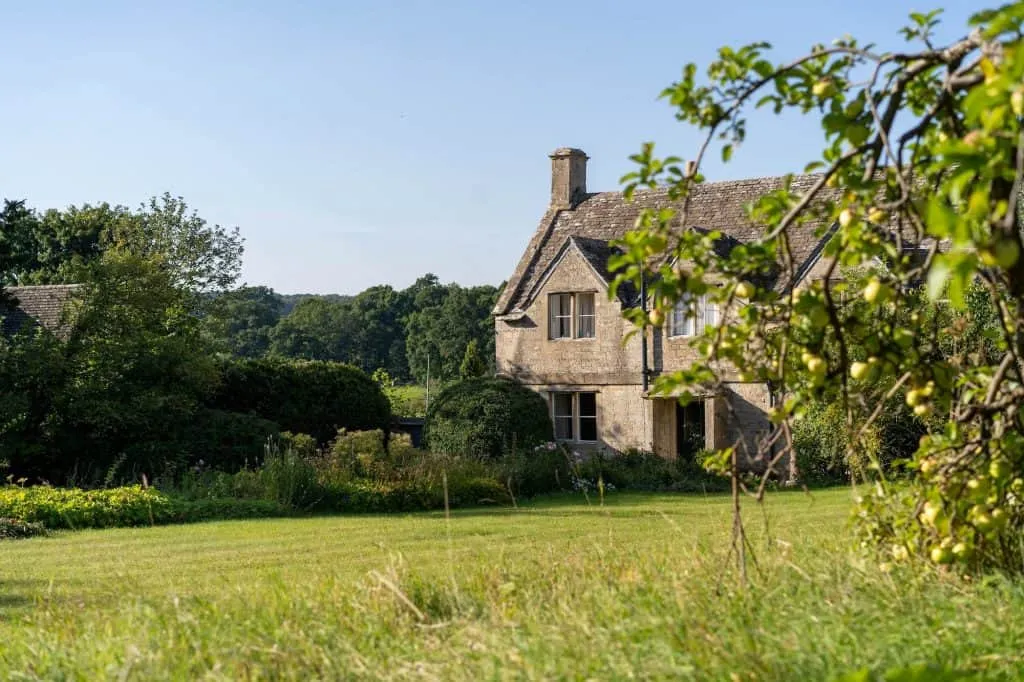Holiday Let Mortgage FAQs
A Holiday Let Mortgage has been specifically designed for individuals that want to borrow the money to purchase a property that has the purpose of being let out to people on a short-term basis, like tourists or holidaymakers.

What is a holiday let mortgage?
This is a mortgage that has been specifically designed for individuals that want to borrow the money to purchase a property that has the purpose of being let out to people on a short-term basis, like tourists or holidaymakers.
This is not the same as a holiday home mortgage. A holiday home mortgage is designed for people that are looking to buy a second property for their use only, and not for the purpose of making a profit through the rental market.
It also differs from a buy-to-let mortgage. A buy-to-let mortgage is designed for people who intend to buy a property for the purpose of renting it out, however, this is on a long-term basis
How much can I borrow?
Unlike a standard residential mortgage, but similar to a buy to let, you are going to need a minimum of a 25% deposit in order to apply for this sort of mortgage. The reason a bigger deposit is required is because there is a higher risk to lenders when compared with standard mortgages for buying a residential property.
Once you have accumulated 25% deposit required, the lender is then going to take a look at whether the property is going to be able to generate a rental income. The rental income needs to cover the mortgage plus a buffer that is designed to cover any potential void periods. All lenders have their own calculations, but they’ll often be stressed at a higher interest rate too, to enhance the security for the lender and client alike.
For example, let’s say you were to buy a holiday property that was valued at £300,000, you would need to accumulate a minimum of £75,000 for the deposit. The lender would then want to make sure that you were able to generate a minimum of £18,000 per annum, and between £600 – £750 per week as an average over. These are rough numbers and are to be used for illustration purposes only. We’re happy to run through any specific scenarios with you.

Holiday Let Mortgage Lending Criteria
Lenders will want to make several checks on the holiday let property that you want to buy, as well as on your personal circumstances. Each lender has their own criteria, but the following are generally relevant for a large number of lenders:
Applicant Earnings
Typically, a lender will want its borrowers to be earning upwards of £20,000 per annum. There is currently one lender which asks for no minimum income, but they will want to see a good overall financial position. When we talk of income, we generally refer to separate income to that the proposed purchase is going to generate.
Borrower Age
Generally, a borrower needs to be 21 years old and the loan can run typically until age 85 years of age. The extremes of that would be age 18 and a maximum of 95 years old but these parameters are rare.
Loan Size
It is rare to find a lender going below £50,000 in loan amount and maximum loans vary from £500,000 to £1m typically with £2m being available on some occasions.
Loan To Value
This will always depend on the current market conditions, but the rates are usually available at 60% loan to value, (LTV). The normal maximum for most lenders is 75% LTV and if they are in the marketplace however there is one lender who may lend up to 80% LTV.
Rental Income Expectations
The lender will normally want to know what income the property can generate on a weekly basis during low, medium, and high rental periods. Typically, a lender will want to see a 30-week period and these figures can be obtained from a holiday letting agent in the area you want to buy.
HOW MUCH WILL A LENDER WANT TO LEND?
Each lender uses their own formula, based on the income ration and LTV. This is to ensure they have a safety net in place if rates rise. Ask us at House and Holiday Home Mortgages to talk you through how the detail works.
DO I HAVE TO BE A CURRENT HOMEOWNER?
You often need to be a current homeowner, but there are instances where lenders will accept exceptions. For example you could be a live-in School Teacher or Church Minister. Also, a holiday let can be your first buy to let mortgage.
I HAVE BAD CREDIT, WILL I BE EXCLUDED?
Generally, it will be more difficult to get a loan and it will be down to each person’s different circumstances. Having a credit report to hand is useful and be prepared to discuss the details of your circumstances with an adviser.
WHAT ARE THE MAIN PROPERTY CONSIDERATIONS?
Many holiday let lenders are residential lenders so they want to lend against property that is easily saleable to anyone, not just holiday let investors. They want to lend on a property that is lettable, not just liveable.
This means it should be in good condition from the time you make an application. A “Project” may well require bridging finance. Properties on holiday parks, properties of unusual construction, or properties that have restrictions on who they can be sold to, all present different and sometimes difficult challenges and each should be fully discussed with an adviser at the initial enquiry stage.
Please ask us about properties that have annexes or more than one property on the title deeds. Generally, these deals are harder to place and will need an experienced adviser to help you find the right deal.
WHAT IF I’M AN EXPAT OR BUYING THROUGH A LIMITED COMPANY?
Expat and limited company holiday let mortgages are available. Please always seek an experienced accountant’s advice if you are looking to buy a holiday let property through a limited company.
Rules and availability all vary and do so from time to time, particularly in the current climate. If you want to know more about whether you’re likely to meet a lender’s criteria, please get in touch.
What If A Property Requires Refurbishment?
If the property that you want to buy needs refurbishment, then it could be difficult to secure a holiday let mortgage immediately. This is usually because a lender wants the property to be able to generate income as soon as possible. Refurbishment can take time, during which period the property is not being rented out.
In this instance, a bridging loan could be appropriate. A bridging loan allows you to borrow the money required to purchase a property quickly, with no monthly payments. This gives you time to refurbish the property with no immediate mortgage commitment. Instead, the bridging loan is paid off at the end of the mortgage term (usually 12 months) with interest.
In the context of a holiday let, the bridging loan would be repaid with the longer-term holiday let mortgage which is then repaid on a monthly basis.


The tax benefits that are associated with a holiday let mortgage
The way the HMRC views this type of mortgage makes it an even more attractive investment opportunity. For example, a furnished holiday let is deemed a business, which means all expenses from your rental income can be deducted before you are assessed for tax.
This includes any interest that is being paid on your mortgage. This is not the case for a buy-to-let mortgage, as the tax process here is changing. It is becoming less favourable for additional-rate and higher-rate taxpayers.
Tax advice should be sought before making any decisions.
Can I Visit And Stay In My Own Holiday Let Property?
You can, however it must be available to let for at least 210 days per year and actually let out for 105 days. How much you are able to visit your property is perhaps dependent on the income needed to be generated by paying guests over the year.
In addition, allowing friends and family to stay for no or reduced costs does not count towards your commercial letting period.
Securing a Holiday Let For Retirement
Purchasing the right property now as a holiday let – letting pays mortgage until retirement when it switches to main residence
My people wonder if it is a good strategy to buy a holiday let as a home that they can retire to in the future. On the face of it and at top level this concept makes a lot of sense, but there are important considerations
As with all property purchases the price of property can fall and rental is not guaranteed. This has been illustrated recently when people could not rent holiday lets due to the Covid pandemic. Income stalled and some borrowers were forced to consider a mortgage payment break. It’s important to be prepared for financial uncertainties and setbacks.
The holiday let properties that may return the highest amount of rent may not be where the buyer wants to live in retirement. For example, a home big enough for a large family near to seaside amenities will not always be on a retiring couple’s wish list, but may be a better investment.
It is often a good idea for customers to use their own rent-producing holiday let as a bolt hole from which to get to know an area, during the time they use the property year on year. Moving 200 miles to an area you don’t know might not appeal. If, however, you have owned a property in the area for 10 years or thereabouts you will get to know where you eventually might like to retire to.
Areas change and what looks like being the perfect location for retirement now may not be so in 15 years’ time. For example a holiday park may be built near to your original purchase.
If you can buy your holiday let sooner rather than later, rather than an afterthought, those extra years of rental income and therefore mortgage repayments made will put you in good stead for either retiring to the property or selling it for somewhere more suitable for you.
Wealth Warning. Property prices can fall as well as rise and void rental periods are a possibility that landlords should always consider.
What Other Costs/Fees Are Related To A Holiday Let?
When purchasing a holiday let property, there is obviously the mortgage to be repaid, but as with most property purchases, there are other costs to be factored into the equation:
Furnishings
Decoration
Insurances
Taxes
Letting
Letting agent fees
Cleaning costs
Repairs and maintenance
Utility bills


